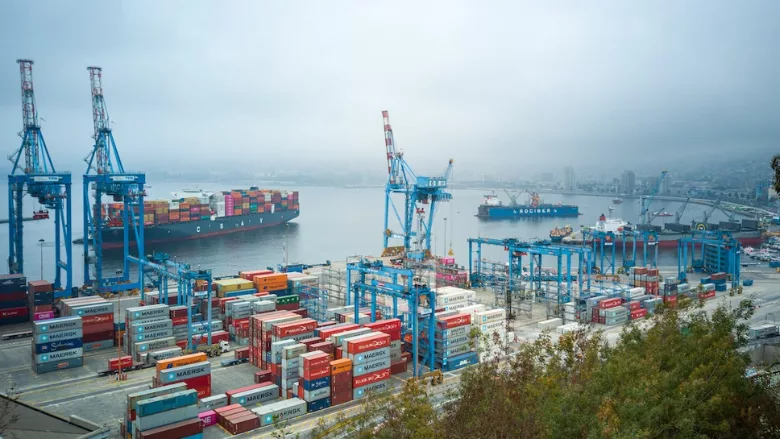USDA Funds Research Into How to Equitably Provide Safe Food Amid Supply Chain Shocks

Credit: David Vives via Unsplash
A transdisciplinary team of researchers, educators, and extension experts led by Michigan State University (MSU) has received a $10 million grant from the U.S. Department of Agriculture (USDA) to create safer, more stable food systems. The five-year integrated project is funded through the Sustainable Agricultural Systems program of the USDA’s National Institute of Food and Agriculture.
Food systems at the local and regional levels are susceptible to a number of disruptions, which researchers refer to as “shocks.” The COVID-19 pandemic, climate events, and foodborne pathogens are examples of shocks that can cause disturbances in supply chains, ultimately leading to food safety and security challenges. An example of such a disruption was seen recently during the 2022 infant formula crisis in the U.S.
A single supply chain interruption can be difficult to overcome, but shocks often occur simultaneously and without warning, according to MSU. While previous research on the topic has focused on individual supply chain interferences in isolation, the overarching goal of the new effort is to build food systems that are able to withstand several shocks happening concurrently.
The project is led by Brent Ross, Ph.D., associate professor in the MSU Department of Agricultural, Food, and Resource Economics, and associate chairperson for undergraduate programs in the MSU College of Agriculture and Natural Resources. Co-principal on the project is Jianguo (Jack) Liu, Ph.D., University Distinguished Professor in the MSU Department of Fisheries and Wildlife, the Rachel Carson Chair in Sustainability, and director of the Center for Systems Integration and Sustainability.
According to Dr. Ross, the frequency of complex, adverse events is only expected to increase over the coming years. Therefore, it is essential to gain a greater understanding of the relationships between shocks and food systems to facilitate decision-making that allows for disruptions to have as minimal of an impact on food safety and security as possible, especially for vulnerable U.S. populations.
The team has outlined a series of objectives that aim to address the interrelated ways in which shocks affect food systems. Researchers will evaluate characteristics of supply chains that may put them at risk, historical and projected shocks, and mitigation strategies.
Using artificial intelligence (AI) and decision-support tools, researchers will model multiple shocks to simulate an assortment of scenarios, factoring in vulnerable populations.
Looking for quick answers on food safety topics?
Try Ask FSM, our new smart AI search tool.
Ask FSM →
The project will initially focus on the U.S. Midwest to develop cutting-edge approaches, according to Dr. Liu. The work also involves training a new generation of transdisciplinary scholars and practitioners so that the innovative approaches that are developed can be applied to other regions of the U.S., and possibly other countries.
The outcomes of the project will inform future education of students from K-12 to graduate levels, as well as outreach and extension resources that target local and regional policymakers, businesses, the agricultural community, and educators. Information will be shared through published papers, in-person and virtual presentations, policy briefs, stakeholder meetings, social media, newsletters, and online extension materials.
Joining Dr. Ross and Dr. Liu are MSU researchers, educators, and outreach specialists representing four colleges, and several departments and programs: Additionally, partner organizations on the project will ring a variety of perspectives, as well as increase the scale to locations outside of Michigan that may be susceptible to different shocks. Partner institutions and organizations are:
- Indiana University
- Purdue University
- North Carolina Agricultural and Technical State University
- The University of Illinois at Urbana-Champaign
- The Global Food and Ag Network
- Mavin Global Company
- The Michigan Association of Secondary School Principals
- The USDA Midwest Climate Hub







